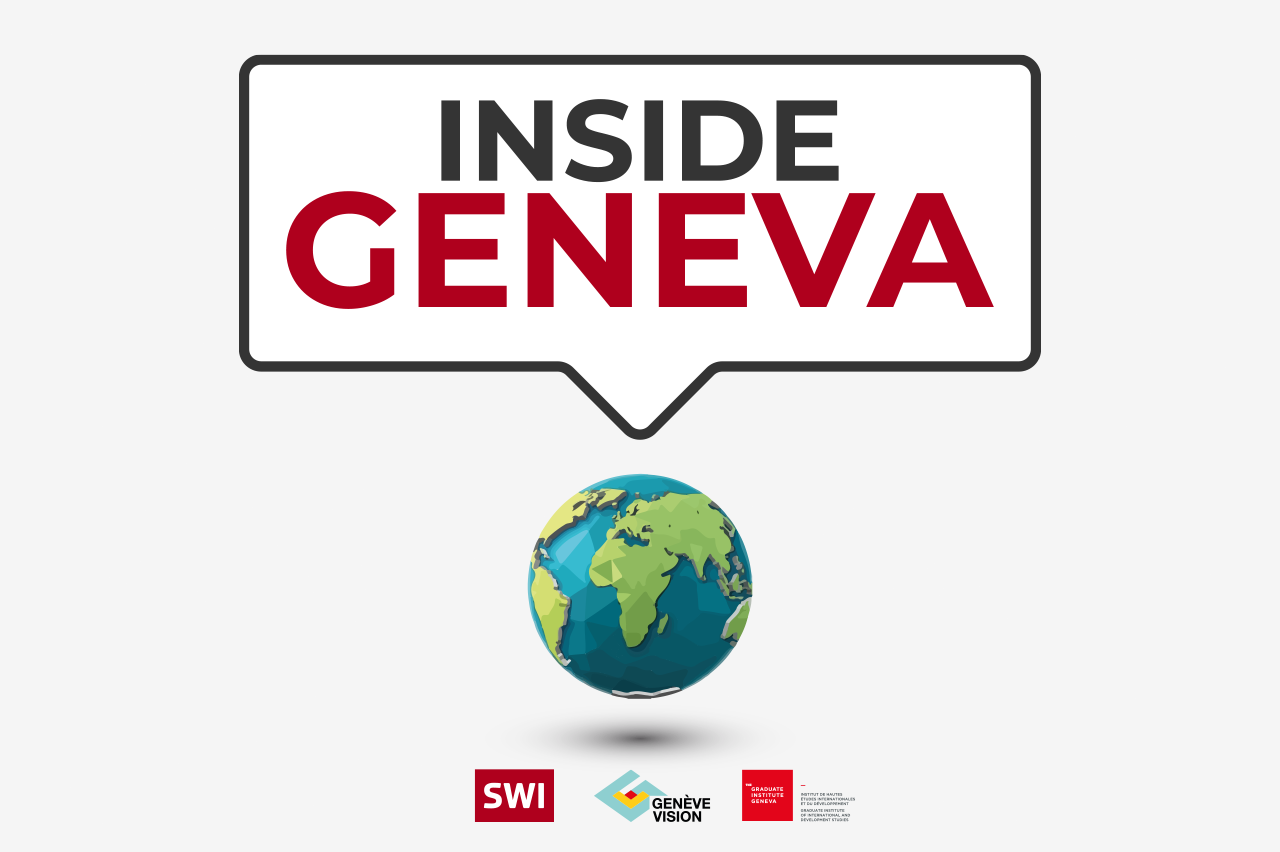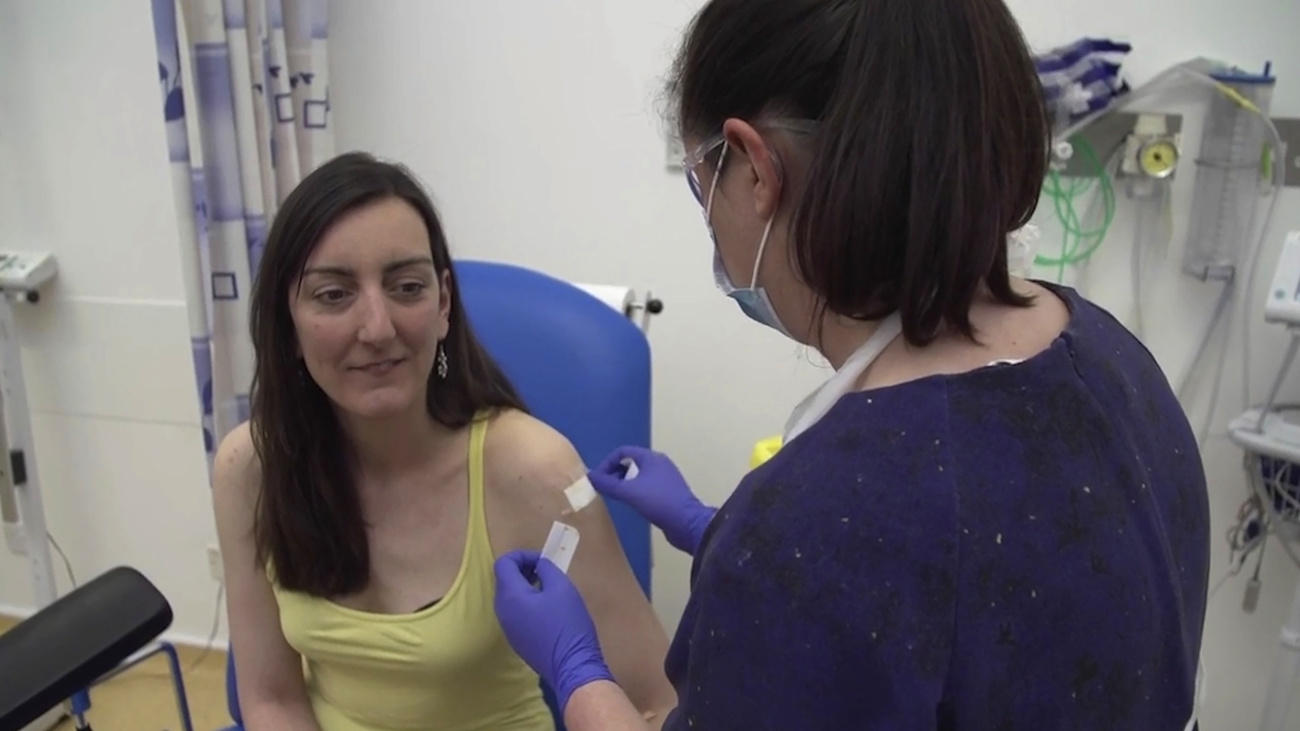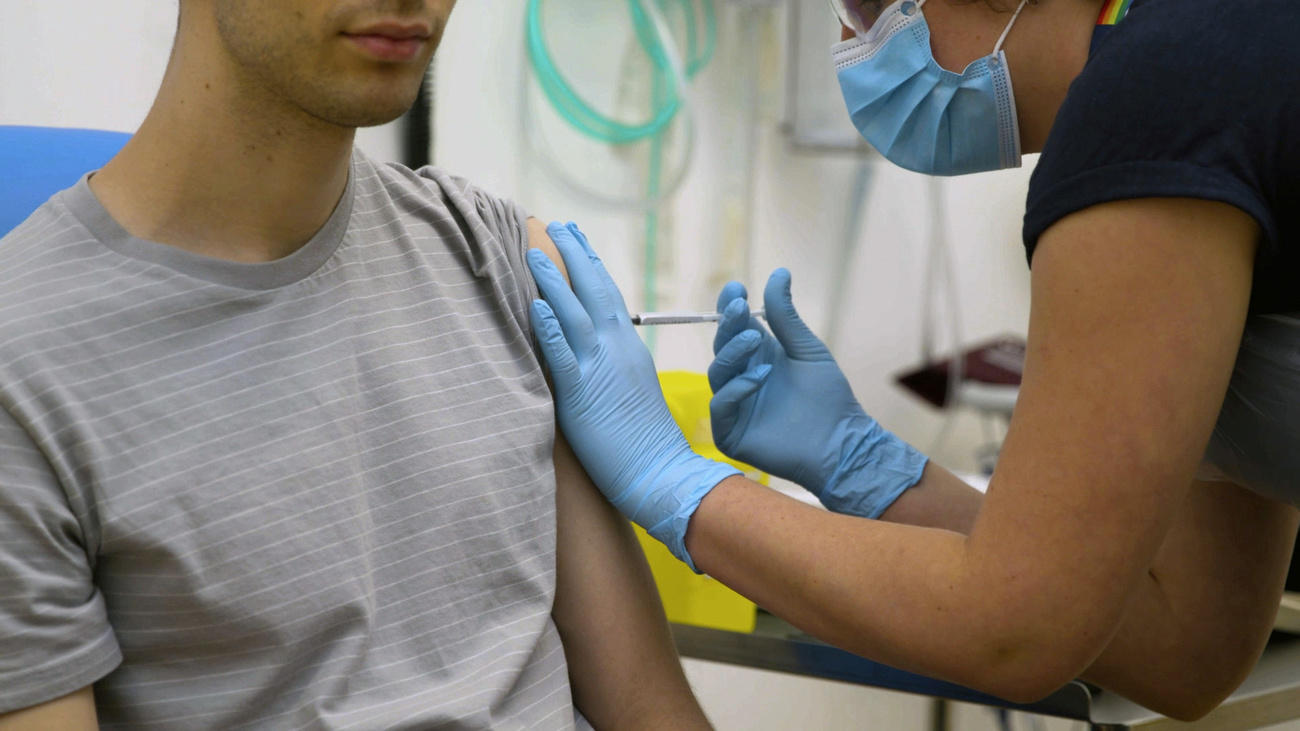Covid-19 vaccine: when, and for whom?
It’s the question we all want an answer to: when will there be a vaccine against Covid-19? I don’t expect any of us, just a few short months ago, imagined such a topic would be the focus of our attention. But there is scarcely a person on the planet whose life, livelihood, holiday, or plan to visit distant relatives has not been disrupted by this pandemic.
The wishful fantasies of some world leaders, that the virus would soon “disappear…like magic” have proven to be exactly that: fantasies. We are all beginning to understand that the only way out of this trap is a vaccine.
But most of us have no experience of yearning for a vaccine to be created. Polio, measles, diphtheria, the diseases that took the lives of three of my grandmother’s siblings, are kept at bay by highly successful existing vaccines. We barely give a thought to how they were developed, tested, and rolled out to billions of people.
To find out more about what it takes to do that, I spoke with Thomas Cueni, Director General of the International Association of Pharmaceutical Manufacturers.
The first step, he explains, is to know exactly what disease you want the vaccine to fight. Since scientists have known the genetic sequence of Covid-19 since January, that box at least is ticked.
From there, says Cueni, “you first do pre-clinical research, with computer modeling, with animal testing”. Then, if the signs are good, “you go for clinical trial phase 1, a relatively small group of healthy volunteers”.

More
Inside Geneva podcast: Can Covid-19 ‘vaccine multilateralism’ work?
Then come phases two and three, with larger and larger groups of volunteers, dependent of course on each preceding phase showing success. Here not only efficacy but safety must be thoroughly scrutinised. “All that, normally, takes ten to fifteen years,” says Cueni.
What? That’s an awful lot of masks and overly-cautious holidays. What about all the promises of a vaccine by autumn, for Christmas, or at the very latest next year?
Record speed and fair distribution
In fact, seized with the urgency of getting this vaccine ready in record time, scientists already have at least 140 candidates in pre-clinical trials, around two dozen of which have progressed to phases one or two, and just a few to phase three.
At the same time, some of the steps needed to roll out production, normally only taken once a viable vaccine is ready, are being carried out now. There are the basics, like ensuring there are enough glass vials to contain billions of doses of vaccine. Or setting aside the production lines now, so they are ready to roll as soon as the vaccine is approved.
To encourage fast and fair cooperation, the World Health Organization has launched what it describes as a “groundbreaking global collaboration to accelerate development, production, and equitable access to Covid-19 tests, treatments and vaccines”.
That collaboration is COVAX, or the Covid-19 Global Access Facility. And key to COVAX is GAVI, the Global Vaccines Alliance, whose director is Seth Berkley. GAVI already has decades of experience supporting vaccine development, identifying promising candidates, and working with manufacturers to ensure fair access.
“Nobody is safe unless everybody is safe in a pandemic,” says Berkley. “So we have designed the COVAX facility to try to provide vaccines for everybody in the world.”
COVAX, he tells me, aims to distribute at least two billion doses of vaccine by the end of next year. Each country participating in COVAX will be able to access the vaccine, regardless of its ability to pay. The aim is to ensure participating countries have enough to vaccinate 20% of their populations. That’s enough, GAVI believes, to ensure that high-risk and vulnerable people, as well as healthcare workers, get the vaccine as soon as possible.
Swiss role
Switzerland, an early backer of COVAX, is now its co-chair, together with Singapore. Nora Kronig, head of the international affairs division at Switzerland’s Federal Office of Public Health, agrees that the effort is groundbreaking.
“It’s the first time that we would have one global joint pool that would bring the product to the patients,” she explains.
And, she adds, COVAX is much more ambitious than simply trying to ensure the world’s poorest nations are not left behind in the race for a vaccine.
“This is about joint efforts,” she says. “We need to invest in research and development, and working together is the best way. If I look at Switzerland, if we just did this alone and followed one vaccine candidate from one company, that might not work.”
Cueni of IFPMA agrees with the approach of a pool of countries backing various vaccine candidates, sharing the risk if one or more do not work, and collaborating on research, development, and production.
A country like Switzerland, he points out, might come up with a vaccine that shows promise in phase one, but has no way to progress to phases two or three.
“There are simply not enough infections for a proper test,” he says. In other words, vaccinating thousands of healthy people with a possible vaccine in a country where new infections are in the low hundreds won’t provide evidence that the vaccine works, because the chances of being exposed to the virus are so low.
The COVAX collaboration could, hypothetically, ensure that a promising vaccine developed in a country with a low infection rate can then be widely tested in a country where infection rates are still high. Brazil, for example, where infection rates remain high, is also a supporter of COVAX. One of the early vaccine leaders, developed at Oxford University in the UK, may be tested there.
Bidding wars?
But despite all the good intentions around COVAX, countries will also be under huge pressure to ensure they have immediate and large supplies of any successful vaccine for their own populations. Many have already pre-ordered millions of doses, locking in deals with manufacturers, even though they don’t know if the candidates they have chosen will actually work.
That’s why Thomas Cueni hesitates when asked if COVAX will ensure truly fair access. “The jury is still out,” he admits. “But what I have seen makes me cautiously optimistic.” The public commitment of major European leaders such as Angela Merkel and Emmanuel Macron is promising; the lack of response from the United States, Russia, or China, less so.
“It is a natural reaction that politicians do not want to be accused of ignoring the needs of their own citizens,” says Cueni.
In the end, the WHO’s constant reminder that no one can be free of this pandemic until everyone is may encourage better cooperation than was seen 20 years ago with antiretroviral treatments for HIV-AIDS. It took years for the lifesaving drugs to be made affordable to poorer countries.
This time, with the world’s economy reeling from the effects of the pandemic, and no chance of it recovering until our interconnected planet connects again, the hope is that global cooperation will win out over a free-for-all.
As Kronig of the Federal Health Office points out, vaccinating everyone in Switzerland won’t keep Switzerland safe. “We are an open liberal country, with lots of border crossings every day. Look at Geneva, where it was even clearer during the pandemic how much we share a living space. We discuss, we interact, we looked at hospital capacity so we could take patients from France when their capacities were overwhelmed.”
“Why vaccinate people on one side of the border and not on the other? We are engaged in vaccine multilateralism now.”
And when will vaccination be possible?
“I don’t think anybody at the current time can say,” says Kronig. “We’ve already gone way faster than has ever been seen before. But working together will be the only way to go.”
“Nobody can be sure, to be honest, we simply don’t know yet,” agrees Cueni. “The scientists I talk to are optimistic. But I think it’s more likely in summer next year than this year.”
You can follow Imogen Foulkes on twitter at @imogenfoulkes, and send her questions and suggestions for UN topics.

In compliance with the JTI standards
More: SWI swissinfo.ch certified by the Journalism Trust Initiative












You can find an overview of ongoing debates with our journalists here . Please join us!
If you want to start a conversation about a topic raised in this article or want to report factual errors, email us at english@swissinfo.ch.